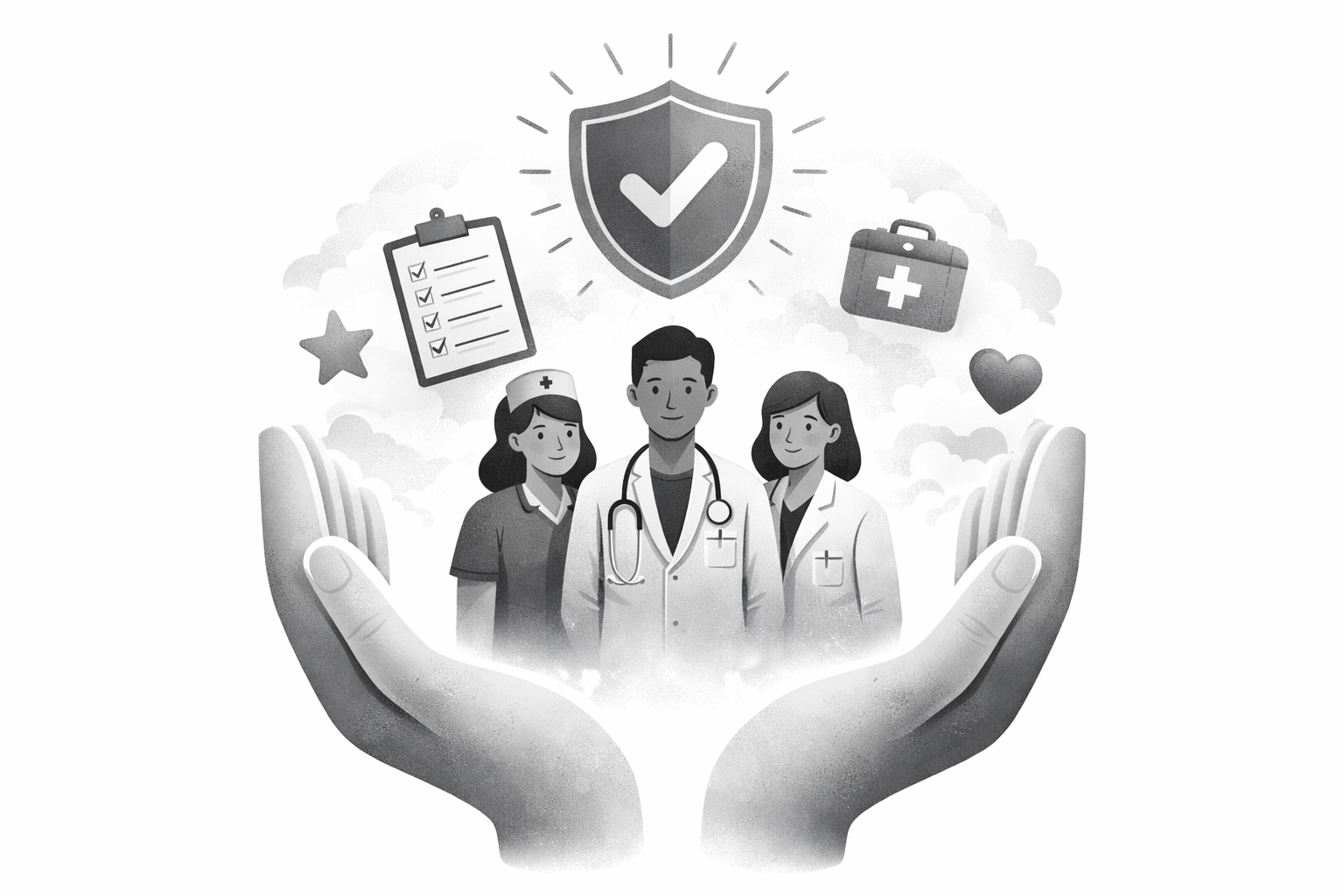Why an Effective PHN Needs Assessment is Critical to Commissioning Primary Care Services in the After Hours
Any Primary Health Network (PHN) that commissions after-hours primary care services, should know that conducting an effective needs assessment is critical to ensuring that patients receive high-quality care when they need it most. The Evaluation of PHN After Hours Program highlights several key findings relating to conducting an effective needs assessment.
We’ve put together some implications of the findings for PHNs, along with suggestions on how they could do it better.
1. Conduct a comprehensive needs assessment
Each local community has its own unique characteristics. The report found that PHNs need to conduct a comprehensive needs assessment that highlights the characteristics of their local communities in order to cater to their needs. This could include identifying gaps in service provision, assessing the availability of health services, and understanding the health needs of vulnerable groups by analysing data from various sources such as surveys, health records, and demographic data.
To conduct these assessments thoroughly, PHNs should look at working closely with local health providers and other community stakeholders, to gather data and develop a clear understanding of their community’s health needs. For example, if the community has a high prevalence of chronic diseases such as diabetes or hypertension, health providers must be equipped with the necessary resources and expertise to manage these conditions effectively.
2. Use data analytics effectively
Data analytics can be used effectively to identify areas where improvements can be made in after-hours primary care services. This could include analysing patient data to identify patterns in service use or using predictive analytics to anticipate future demand for services. PHNs should look at investing in appropriate technology and work closely with data analysts to develop meaningful insights from their data. Improving the utility of patient data would drastically improve the quality and effectiveness of after hours needs assessments.
3. Develop clear referral pathways
Clear referral pathways are essential for ensuring that patients receive appropriate care when they need it most. This can be achieved through the development of protocols for triaging patients based on their level of need, as well as by establishing referral pathways between different health providers. To develop clear referral pathways, PHNs should work closely with local health providers and other stakeholders to develop protocols that are appropriate for their local context. By understanding which providers offer services in the after hours and what the referral pathway looks like, PHNs can assess supply/demand and suitability of services available in the after hours.
4. Allocate resources effectively
Effective resource allocation allows health providers to provide the best possible care for patients. Resources should be allocated based on the health needs of different population groups or by investing in technology that supports after-hours care. To allocate resources effectively, PHNs should work closely with local health providers and other stakeholders to develop a clear understanding of the resource requirements for their after-hours primary care services.
It may seem like a no-brainer, but a good needs assessment can support investment decisions regarding after hours services so they are placed in the right place to meet the needs of vulnerable community members.
5. Evaluate the impact of needs assessments
Evaluating the impact of needs assessments is critical to ensuring that after-hours primary care services are meeting the needs of their communities. This could include conducting regular audits of service delivery or using patient feedback to identify areas where improvements can be made. To evaluate the impact of needs assessments, PHNs should invest in appropriate evaluation tools and work closely with local health providers and other stakeholders to develop meaningful metrics for evaluating the impact of their after-hours primary care services.
Conducting a needs assessment is critical
Conducting an effective needs assessment is critical to commissioning high-quality after-hours primary care services. By conducting a comprehensive needs assessment, PHNs can ensure that patients receive the care they need when they need it most. By working closely with local health providers and other stakeholders, they can develop after-hours primary care services that are tailored to the unique needs of their communities.


